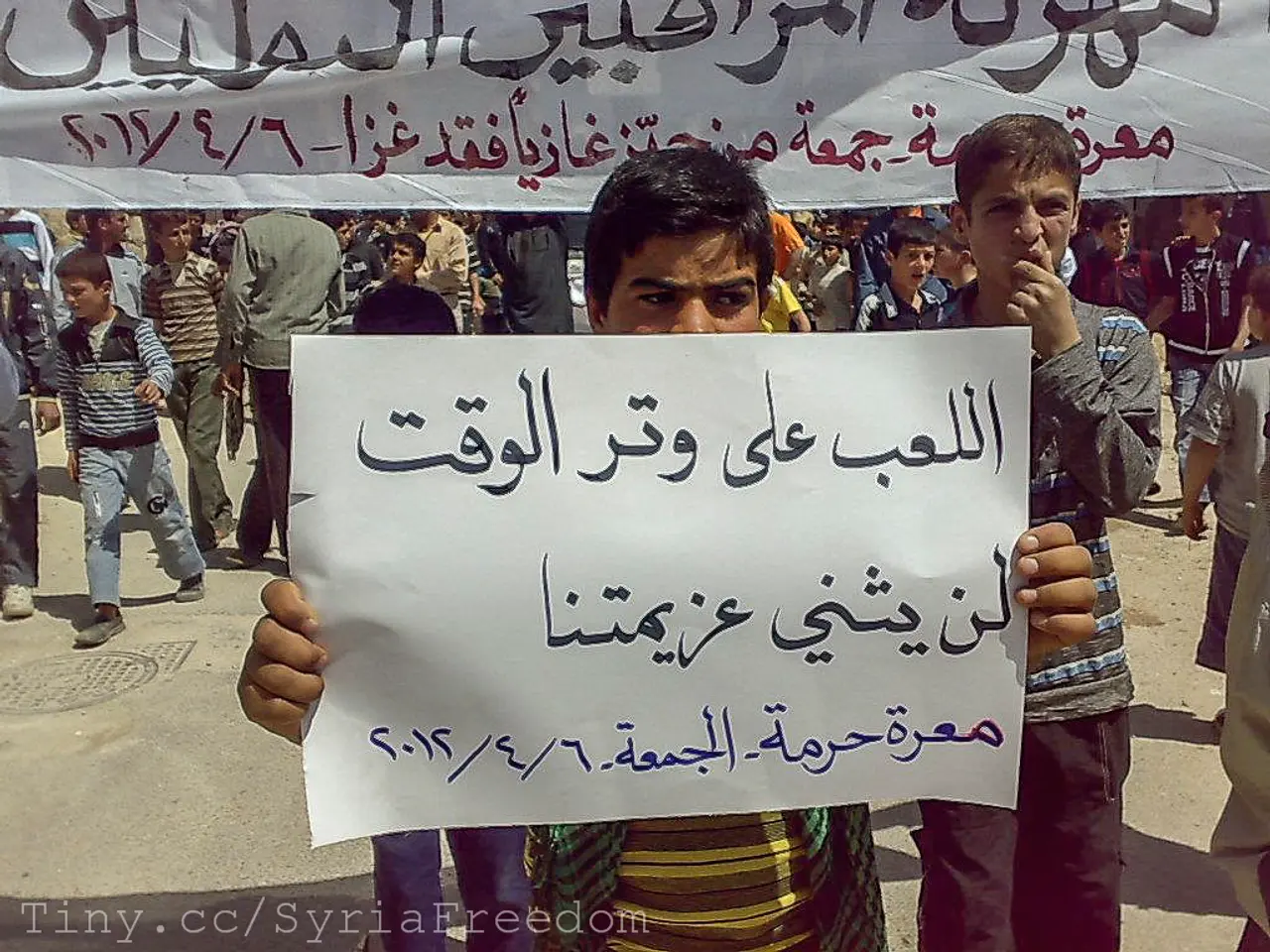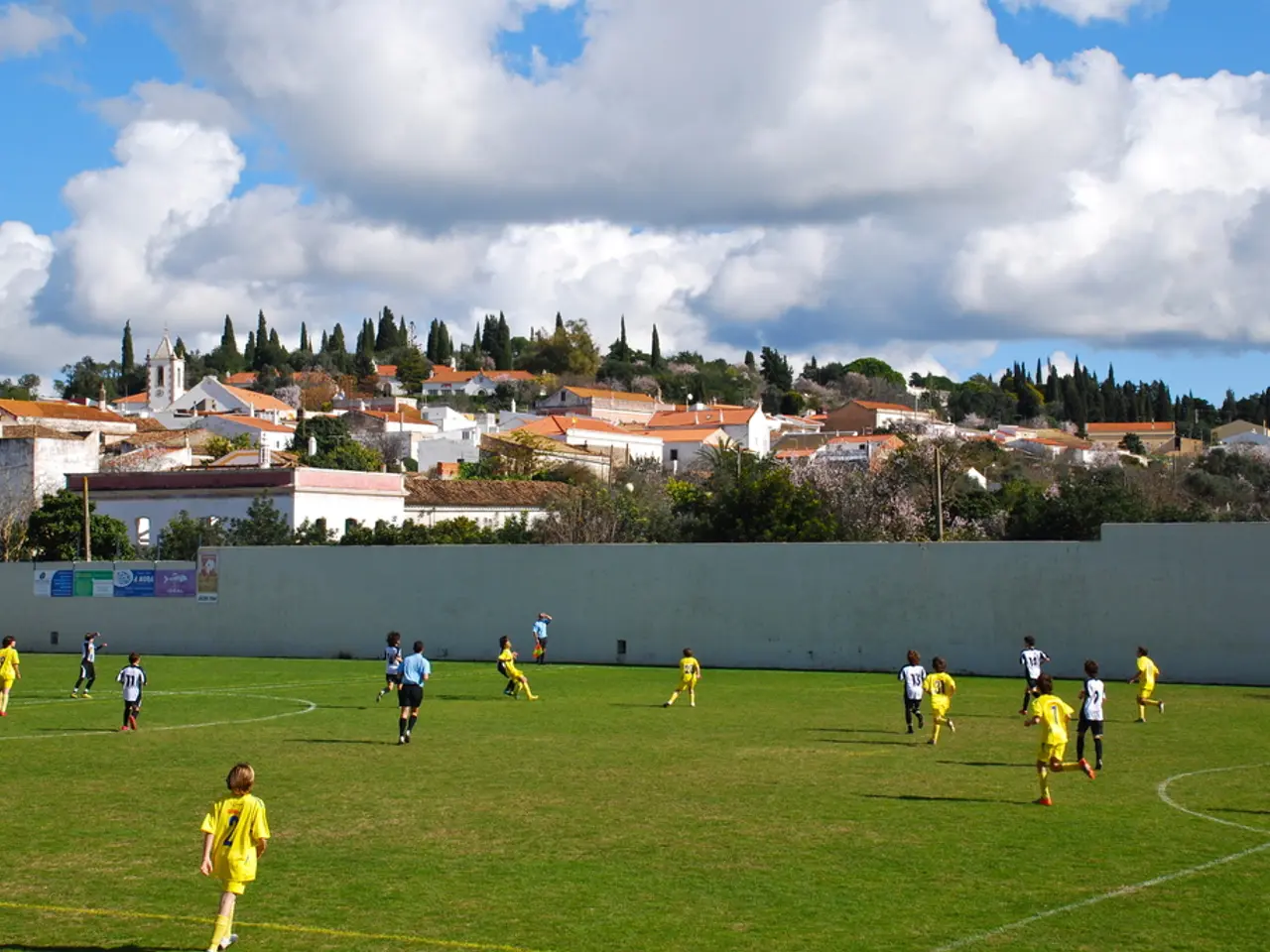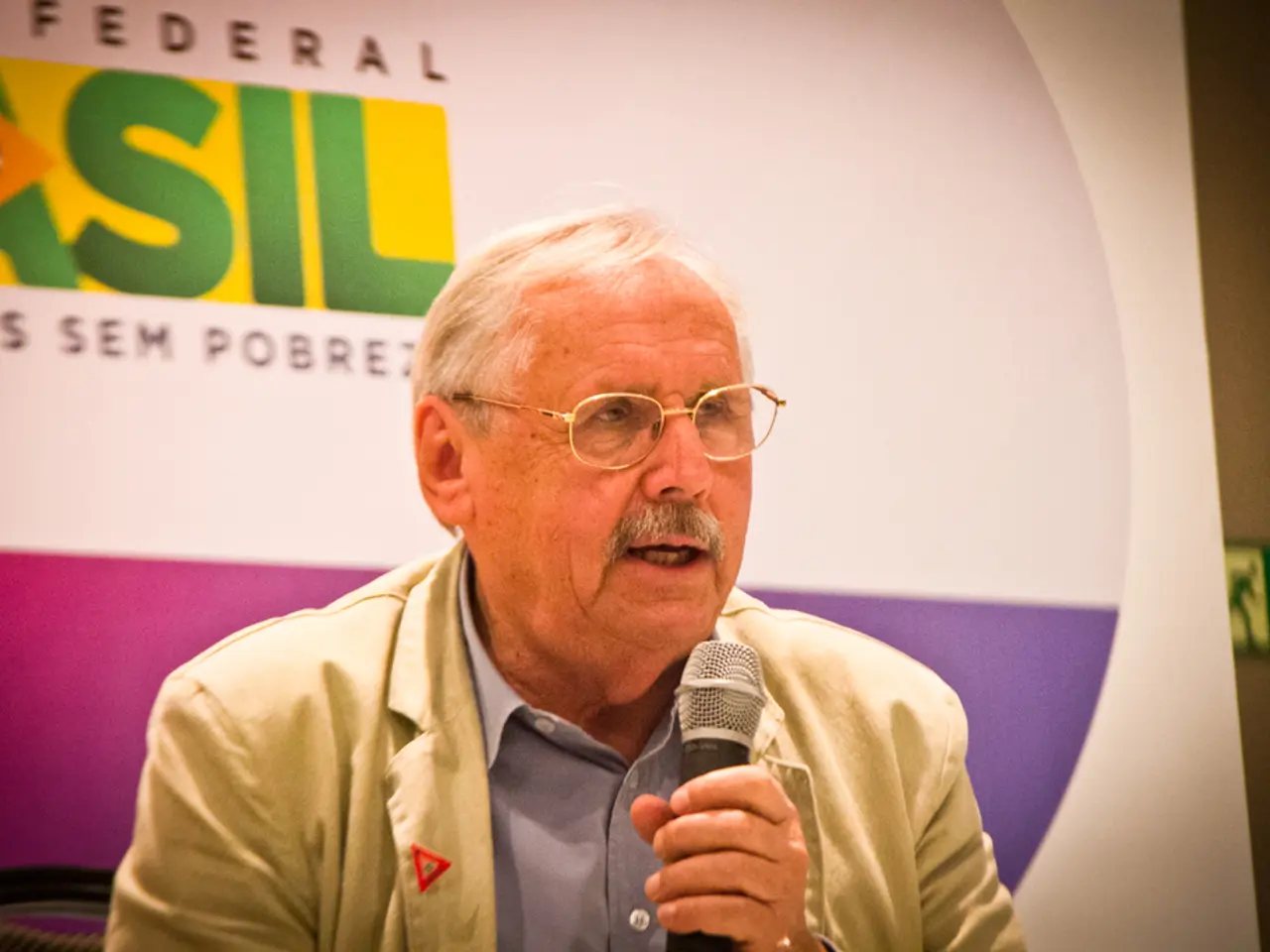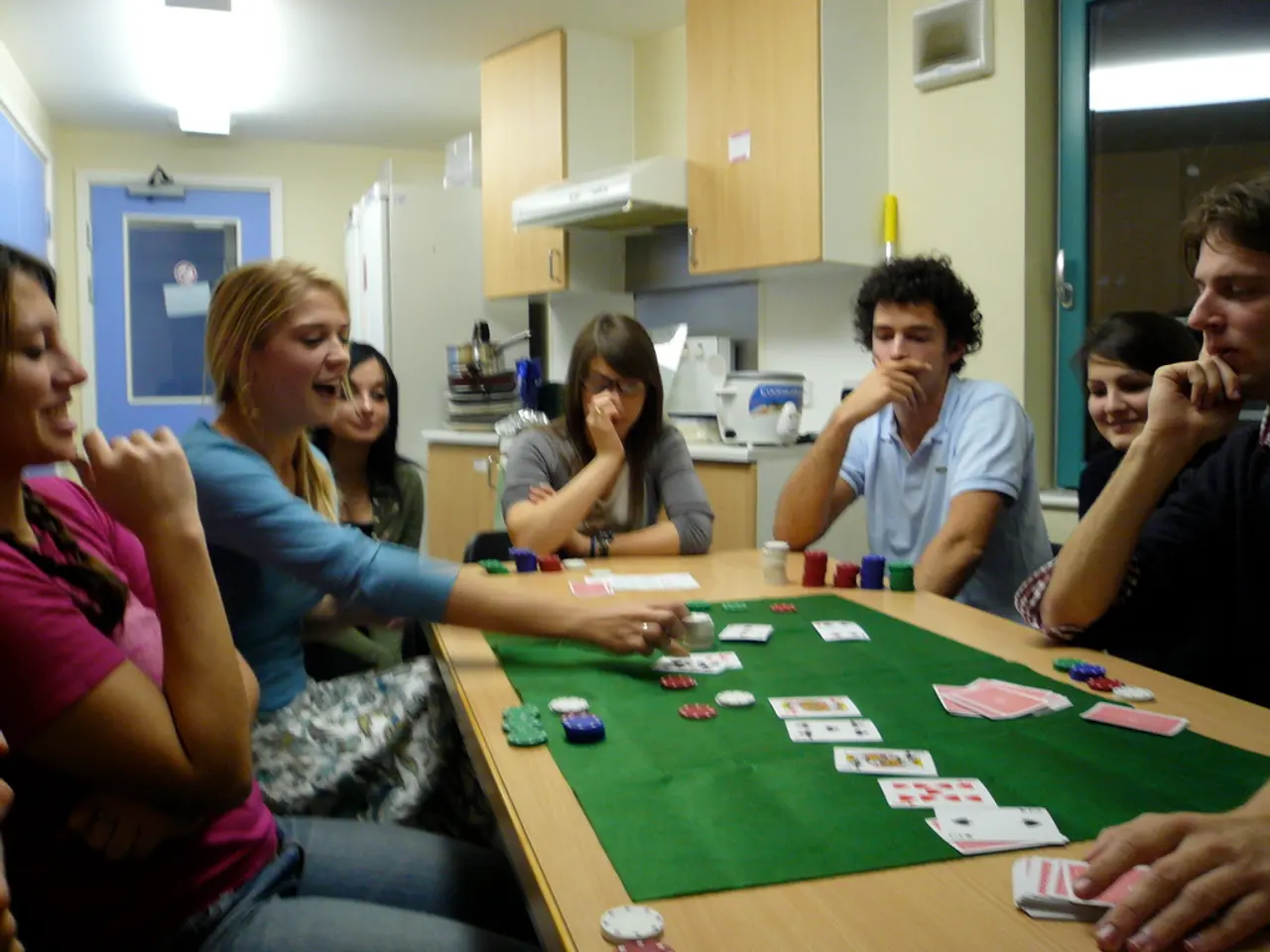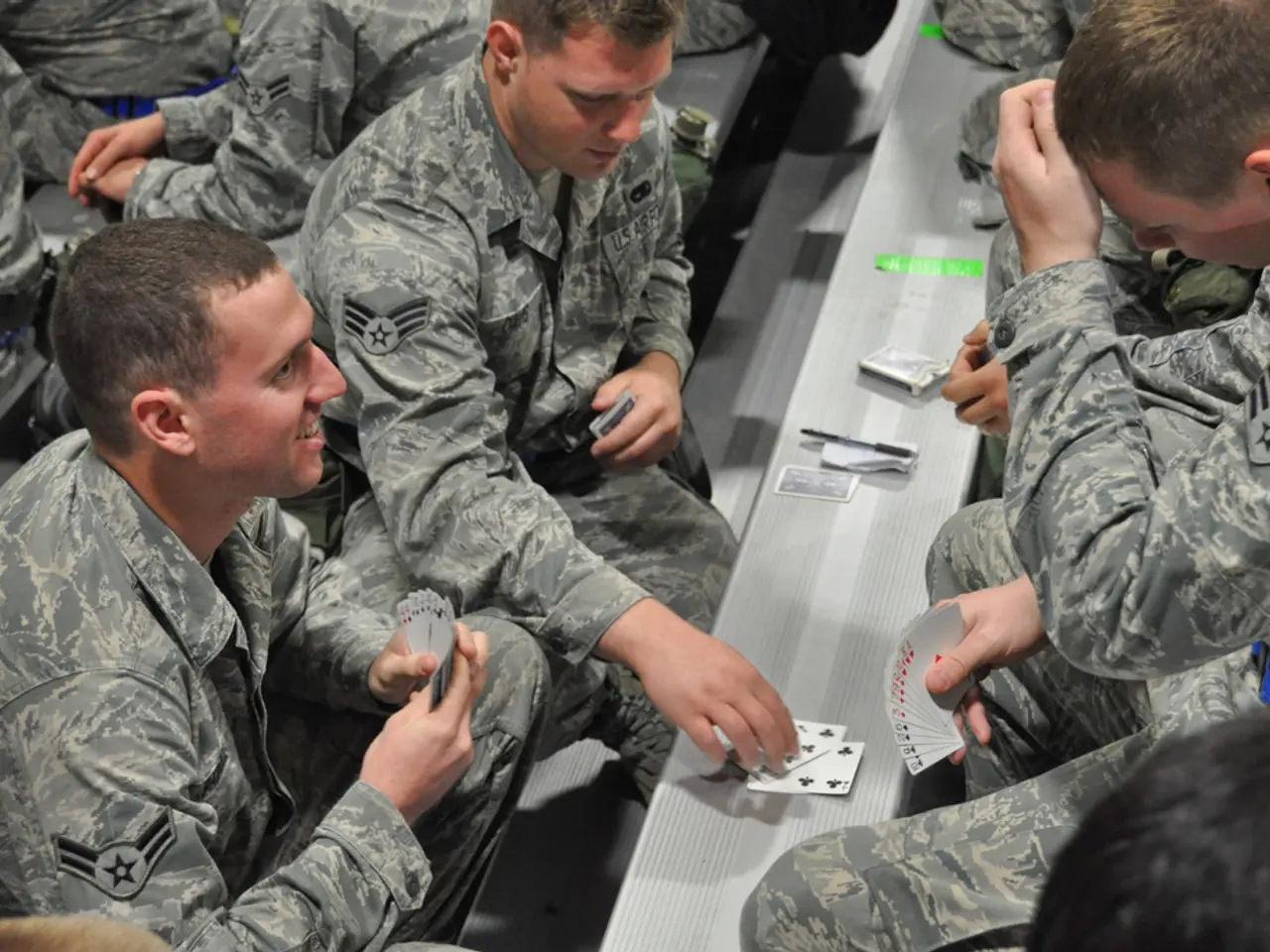Taking a Stand Against Conflicts: Basra Protests Through the Years
Demonstration against military conflict - Demonstration rally against military conflict
Welcome to the heart of the action, Basra – a city that has seen its fair share of upheaval. This bustling city, located in Iraq, is no stranger to protest movements, and its turbulent history echoes with demonstrations influenced by a myriad of political, social, and military issues.
The roots of these protests extend deep into the early 2000s, when Basra found itself at the epicenter of the Iraq war. British forces engaged in battle with paramilitary and irregular fighters in the city, with one significant offensive known as the "Charge of the Knights" taking place in March 2008. This operation, involving the Iraqi Army and coalition air support, aimed to combat Shiite militias controlling much of Basra. Despite fierce resistance, a temporary ceasefire was brokered by Iranian intervention in March 2008, leading to a brief reduction in violence [1][2].
Fast forward to the 2010s, and a new wave of protest movements swept across Basra. The city struggled with severe degradation in public services, including water, electricity, education, and roads, coupled with high unemployment rates. These challenges sparked recurring protests, which escalated into violent confrontations and demands for a change in the political system. Protests during 2018–2020 primarily focused on socioeconomic grievances and the authorities' failure to address residents' rights and needs [3].
During the late 2010s to early 2020s, both the Tishreen Movement and anti-corruption protests captured the attention of Iraq. In October 2019, massive protests, named after the Arabic month of October, stormed the country. These protests were directed against corruption, inadequate public services, and foreign interference, with Basra becoming ground zero for clashes between civilians and security forces [4]. Notable figures like Muqtada al-Sadr and Grand Ayatollah Sistani lent support to the movement, leading to the resignation of Prime Minister Abdul Mahdi in November 2019. However, the protests persisted as calls for deeper political change and sovereignty continued to resonate [4].
The city has seen further unrest, with anti-Iranian sentiments rising to the surface in violent acts, such as the burning of the Iranian consulate in Najaf. This unrest escalated further with U.S. airstrikes against Iran-backed militias and the killing of Iranian General Qassem Soleimani in January 2020, events that generated widespread outrage and protests in Basra [4].
In essence, Basra's protest history against war and governance stretches from the military conflicts during the Iraq war to socioeconomic and political demonstrations in recent years. These protests have been driven by various factors, including militia violence, foreign occupation, neglect of basic services, corruption, and foreign political interference. The city continues to stand as a beacon of civic unrest, reflecting broader national challenges in Iraq [1][3][4].
The protest against the war in Basra, reminiscent of the Iraq war in the early 2000s, was a significant event driven by military issues. Fast forward to the 2010s, the city witnessed protests not solely based on war-and-conflicts but also politics, with socioeconomic grievances taking center stage, such as desire for improved public services, lower unemployment rates, and changes in the political system.
